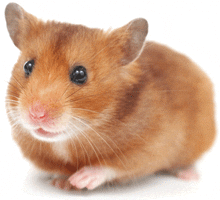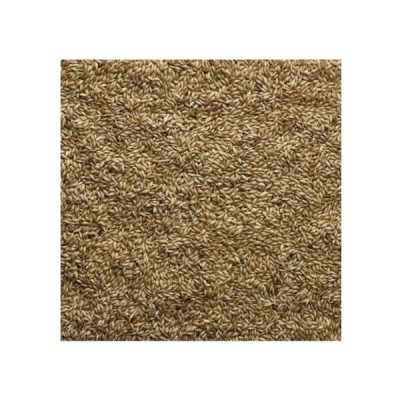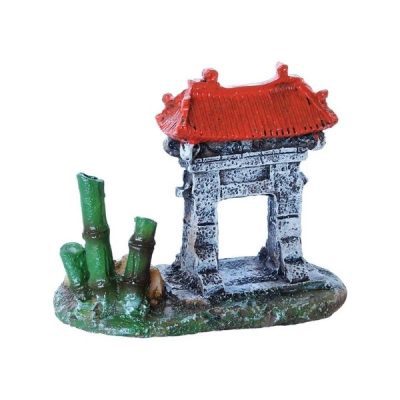Caring for your hamster –
Hamsters are one of the most popular and most kept pets in the world.
The general hamster usually lives for around two or three years.
The most common and kept hamster within the pet world is known as the Syrian hamster. They get a good handleable size which is around 5 ½ inches. Hamsters are solitary animals so, for this reason, they must be kept individually and only introduced for the breeding season.
Ideally, your new pet hamster should be between 4-8 weeks old, When selecting your hamster please make sure you check the accommodation that they have been living in, please also check the hamster for alertness and make sure there are no cuts or wounds. Please also check that both eyes are open.
Hamsters can become sexually mature as young as 4-5 weeks of age, so please make sure that your hamster has been sexed correctly as this can lead to unwanted offspring.
Housing –
The ideal home for a Syrian Hamster is a large wire cage with a plastic base, No smaller than 60cm x 30cm floor space. Hamsters love to climb on different levels, please make it possible to add different levels into the cage. A wooden level should be avoided as it absorbs urine and quickly becomes smelly and very unhygienic.
Dust extracted bedding is great for all hamsters, as it has less dust meaning less irritation on skin and eyes. Please provide shredded paper for nesting material and avoid fluffy bedding that could accidentally wrap around your pet’s limbs and also cause digestion problems if eaten.
Place your pet’s cage away from any direct heat, sunlight and draughts and remember to clean the cage out at least once a week.
Here’s a link to one of the Hamster cages we sell.
Diet –
A typical hamster mix available from most stores is a good basic diet for your pet. Your hamster will also enjoy small pieces of fruit and vegetables such as a small slice of apple or a piece of carrot. Please avoid over-feeding vegetables as hamsters like to take their food to their nesting area, and any uneaten vegetables will rot.
Please remove any uneaten foods every day, and also provide your pet with fresh food and water on a daily basis.
Follow this link to check out the Hamster food and treats we sell.
Exercise –
Your hamster will be most active during dusk which can cause problems if they are kept in a child’s bedroom. You can provide your pet with things such as cardboard tubes, cardboard boxes to chew and also solid hamster wheels. Hamster balls should be avoided as hamsters can quickly become exhausted with no means of escape.
Getting to know your pet –
Hamsters rarely bite if they are used to being handled from an early age. Never poke and put fingers into your pet’s bed as they may be asleep and will be woken up startled. Please allow time for your pet to get used to your smell, as this means they will get used to you. Hamsters are easily handled able and easy pets to care for, meaning their popularity is growing.










